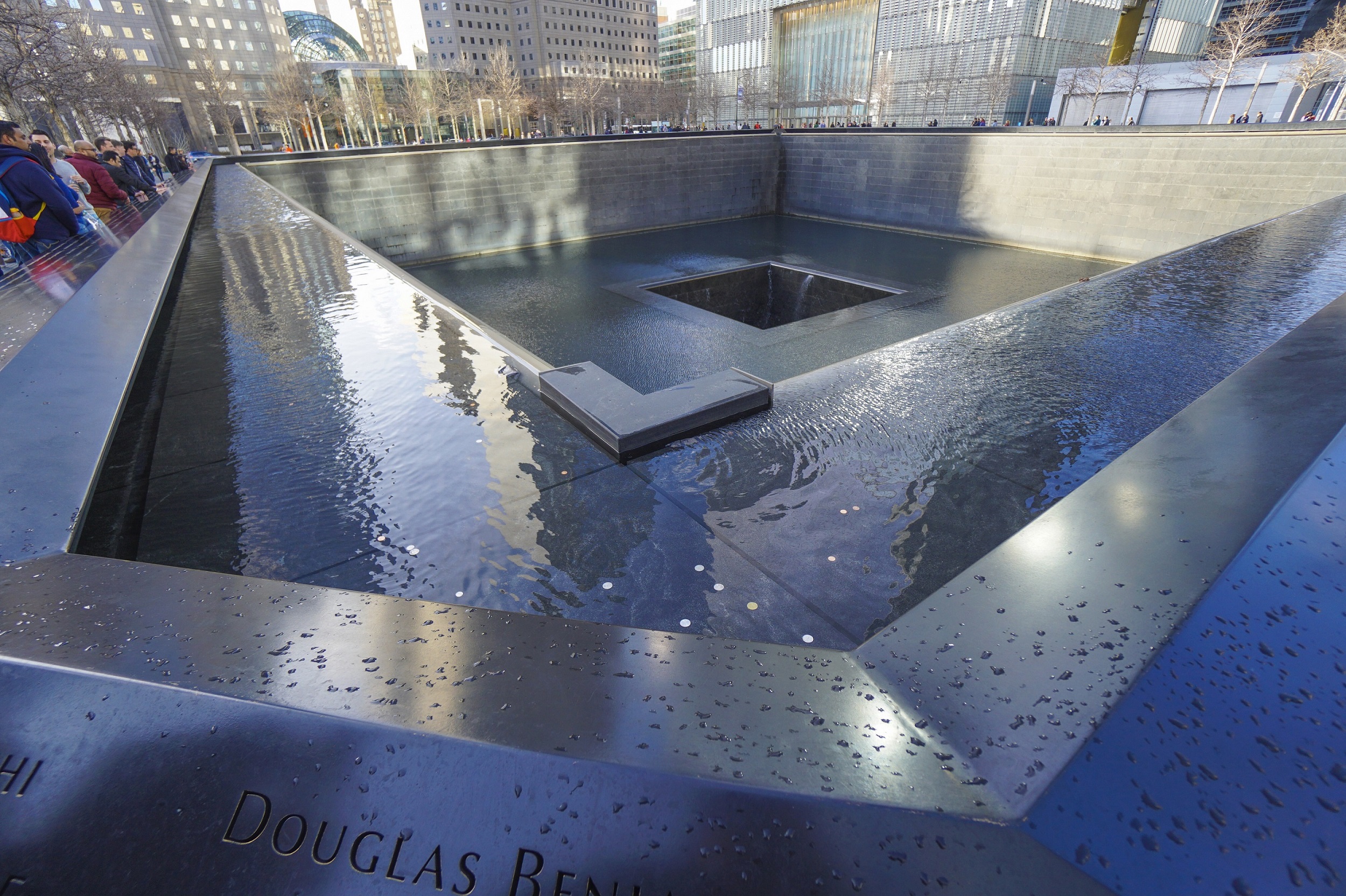Be proactive about patient intakes and screening to identify those at risk
In July, the U.S. Congress passed legislation to extend coverage of health care costs for rescue workers and victims of the Sept. 11, 2001, terrorist attacks. The bill will fund all current and future medical claims from 9/11 survivors through 2092, as well as residents who lived near the World Trade Center in New York City, the Pentagon in Washington, D.C., and Shanksville, Pa., where United Flight 93 crashed, reported the Wall Street Journal.
According to the World Trade Center (WTC) Health Program, more than 37,000 people have at least one medical condition related to the 9/11 attacks. These include many ear, nose, and throat-related conditions, dozens of types of cancer, as well as issues affecting the eyes. What can ENTs and eye doctors do to identify and support these patients?
Common conditions related to airborne toxins
In New York City, the dust and debris from the collapse of the Twin Towers was as thick as a blizzard, EMT and first responder Brian McGuire told Healthline. The substance was made up of toxins and irritants that included asbestos, polychlorinated biphenyls (PCBs), benzene, dioxin, glass fibers, gypsum, cement particles, and heavy metals such as lead.
The list of 9/11-related illnesses comprises 90 conditions including chronic bronchitis, sinusitis, sleep apnea, and many types of cancer.
While the EPA announced in the days following the attacks that the air was safe to breathe, it turns out they were wrong. Today, McGuire suffers from chronic bronchitis, reactive airway disease syndrome, gastroesophageal reflux disease, sleep apnea, and severe sinusitis that required surgery—all illnesses certified by the WTC Health Program as related to 9/11.
To date, the WTC’s list of 9/11-associated health issues includes 90 conditions and is continually being updated. The top 10 conditions range from chronic rhinosinusitis to more than a dozen forms of cancer.
Thousands of people still at risk
While the 9/11 attacks occurred 18 years ago, the health effects are still being felt. Cancer web site SurvivorNet has estimated that 300,000 people who were exposed to toxins after 9/11 are at serious risk for developing cancer, according to a top doctor at NYU Langone Health.
[bctt tweet=”SurvivorNet estimates that 300,000 people who were exposed to toxins after 9/11 are at serious risk for developing cancer, according to a top doctor at NYU Langone Health. ” username=”goRendia”]
This issue was brought to the forefront in June by the death of Luis G. Alvarez, age 53, a former New York City detective and advocate for emergency workers. He petitioned Congress to extend benefits for 9/11 survivors just weeks before his death from complications of colorectal cancer, diagnosed in 2016 and linked to the three months he had spent at Ground Zero.
While an estimated 300,000 people were exposed to toxins after 9/11 and at serious risk for developing cancer, only a fraction of them are getting the required screening and care.
And yet many people who may be at risk are not getting the required screening to detect disease. As SurvivorNet reported, “While around 80,000 people have registered with the [WTC] program for screening and care, Dr. Gaetane Michaud, who is the Chief of Interventional Pulmonology at NYU Perlmutter Cancer Center, said a huge number of people are not getting the care they need and may not even know about the health risk they face.”
Why ECPs and ENTs are in a unique position to help
The importance of regular checkups and early detection are important messages to convey to all patients. Eye care providers in particular are uniquely positioned to help identify underserved patients because they examine about one-third of the U.S. population each year. And ENTs are more likely to encounter patients with common 9/11-related illnesses including chronic cough, asthma, and sinus congestion.
Ask your patients about their exposure to the 9/11 attacks, even if they may have since moved away. Many people are unaware of their risk or resources to help them.
“Ask your patients about their exposure to the World Trade Center disaster when performing routine patient medical or psychological evaluations, even for those who live outside of the New York City area,” recommend the provider guidelines from the New York City Department of Health and Mental Hygiene.
“A lot of people that were near Ground Zero at the time, and even lived down there then moved away, have no idea what resources are available or that they should even be screened or are at risk,” said Dr. Michaud.
The WTC Health Program provides services to eligible individuals whose health was affected by 9/11 no matter where they live now.

